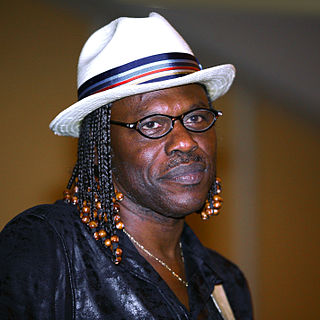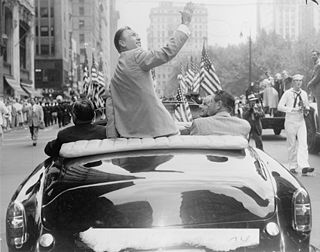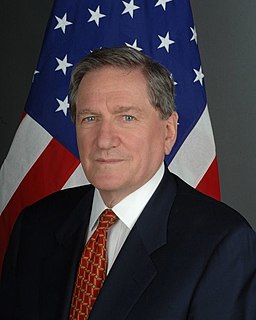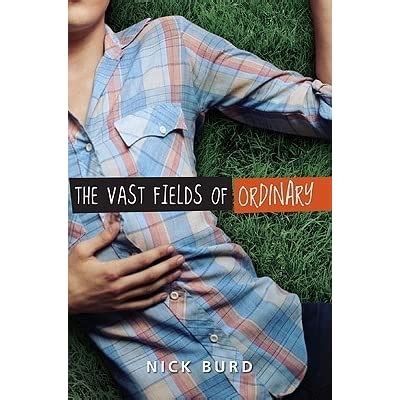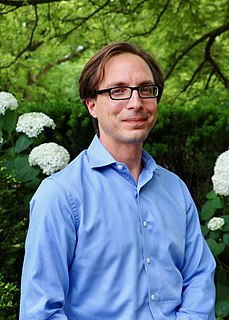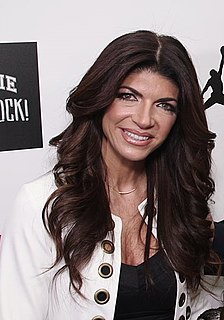A Quote by Haruki Murakami
I think that my job is to observe people and the world, and not to judge them. I always hope to position myself away from so-called conclusions. I would like to leave everything wide open to all the possibilities in the world.
Related Quotes
When I think about the world I would like to leave to my daughter and the grandchildren I hope to have, it is a world that moves away from unequal, unstable, unsustainable interdependence to integrated communities - locally, nationally and globally - that share the characteristics of all successful communities.
Nowadays blues in particular has a wide, wide, wide, wide net of everything that's called blues. I think if somebody's coming to it in the last ten years or whatever, or even fifteen years, what their experience is what is called blues is different from mine. I have to expand my range of what's been called the blues. I think somebody who's new to it would have to go back and to see what is called blues now, where it came from. If that makes sense.
MEMRI allows an audience far beyond the Arabic-speaking world to observe the wide variety of Arab voices speaking through the media, schoolbooks, and pulpits to their own people. What one hears is often astonishing, sometimes frightening, and always important. Most importantly, it includes the newly-emerging liberal voices of reform and hope, as well as disturbing echoes of ancient hatreds. Without the valuable research of MEMRI, the non-Arabic speaking world would not have this indispensable window.
I stopped wanting to float away from my life, because in the end my life was all I had. I'd walk the Fairmont campus and look up to the sky and I wouldn't see myself drifting off like some lost balloon. Instead I saw the size of the world and found comfort in its hugeness. I'd think back to those times when I felt like everything was closing in on me, those times when I thought I was stuck, and I realized that I was wrong. There is always hope. The world is vast and meant for wandering. There is always somewhere else to go.
I certainly want people to read what I've written. Yet, and here's that question of economic position, because I have a secure job, I don't need a wide readership to survive. I'm a participant in the indirect economy, what sociological critic Pierre Bourdieu would call the "economic world reversed." I get "paid" by writing whatever I choose. That's a pretty good position to be in, but I don't pretend for a moment that it is not a privileged one.
More than just a moral issue, hope is a spiritual and even religious choice. Hope is not a feeling; it is a decision. And the decision for hope is based on what you believe at the deepest levels - what your most basic convictions are about the world and what the future holds - all based on your faith. You choose hope, not as a naive wish, but as a choice, with your eyes wide open to the reality of the world - just like the cynics who have not made the decision for hope.
I hope you find true meaning, contentment, and passion in your life. I hope you navigate the difficult times and come out with greater strength and resolve. I hope you find whatever balance you seek with your eyes wide open. And I hope that you - yes, you - have the ambition to lean in to your career and run the world. Because the world needs you to change it.
It is natural to men to judge of things less known, by some similitude they observe, or think they observe, between them and things more familiar or better known. In many cases, we have no better way of judging. And, where the things compared have really a great similitude in their nature, when there is reason to think that they are subject to the same laws, there may be a considerable degree of probability in conclusions drawn from analogy.
I don’t think the shortage of artists has much to do with the innate ability to create or initiate. I think it has to do with believing that it’s possible and acceptable for you to do it. We’ve had these doors open wide for only a decade or so, and most people have been brainwashed into believing that their job is to copyedit the world, not to design it.
It says something about our country that people around the world are willing to leave their homes and leave their families and risk everything to come to America. Their talent and hard work and love of freedom have helped make America the leader of the world. And our generation will ensure that America remains a beacon of liberty and the most hope fill society this world has ever known.



